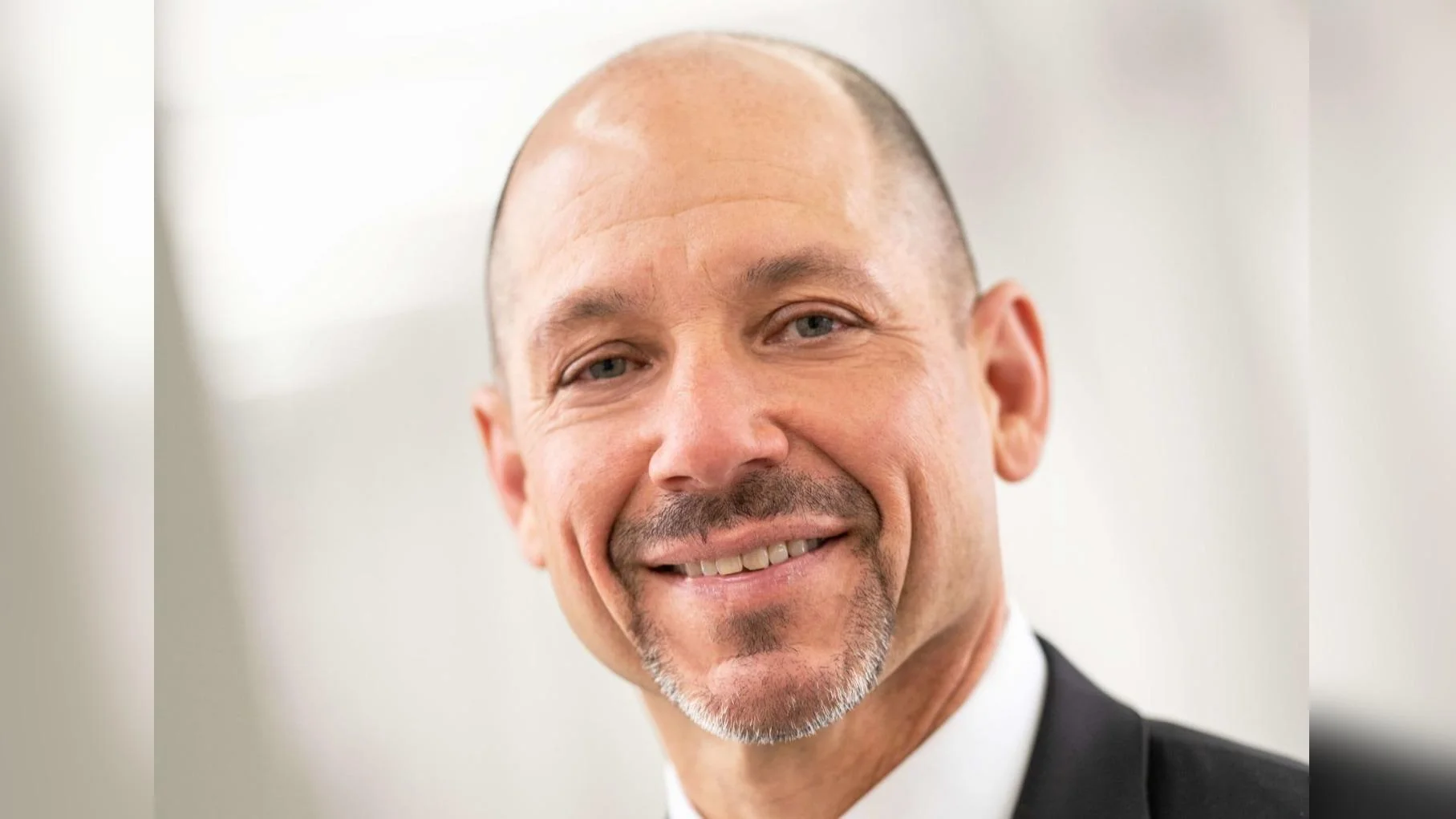Alan Kaplan MD CEO | U. of Wisconsin Hospital and Clinics
Alan Kaplan MD CEO | U. of Wisconsin Hospital and Clinics
Participation in sports offers young athletes numerous benefits, but it can also lead to stress and anxiety. UW Health Psychologist Shilagh Mirgain, PhD, recently provided insights into the mental health challenges faced by young athletes and offered advice on managing these pressures.
Dr. Mirgain highlighted that young athletes today face increased pressure due to heightened expectations. "They’re told that if they do well in sports, it will help them get into the 'right' college or keep the dream alive of playing professionally," she noted. The time commitment required for sports participation adds to the challenge of balancing schoolwork and other activities.
Social media is another source of stress, with bullying or shaming incidents potentially arising from shared videos of athletic mistakes. For collegiate athletes, financial pressures related to NIL (name, image, and likeness) opportunities can also be stressful when financial dreams are not realized.
The conversation around mental health has evolved significantly over recent years. Dr. Mirgain explained that discussing anxiety and depression was once seen as a weakness but has become more accepted now. "The message of 'It’s OK to not feel OK' is becoming more accepted," she said. This shift is partly due to high-profile athletes like Michael Phelps and Simone Biles speaking openly about their struggles.
Despite these challenges, Dr. Mirgain believes the rewards of participating in sports outweigh the stressors. She encourages families to involve their children in at least one sport due to its numerous benefits: regular exercise, camaraderie, improved social skills, self-confidence, academic performance, and reduced likelihood of engaging in substance abuse.
Addressing parental pressure on children who may not enjoy a sport as much as their parents hope for athletic scholarships or professional careers is crucial. Dr. Mirgain advises parents to focus on enjoying their child's performances rather than outcomes.
For maintaining mental health, Dr. Mirgain recommends having a safe space for expressing feelings through journaling or talking with someone trusted; taking care of physical needs like diet and sleep; developing healthy coping mechanisms such as meditation; focusing on non-sport interests; supporting struggling teammates; and seeking professional help if needed.






 Alerts Sign-up
Alerts Sign-up